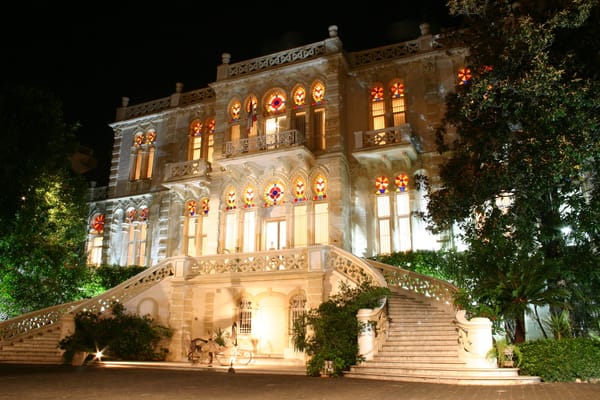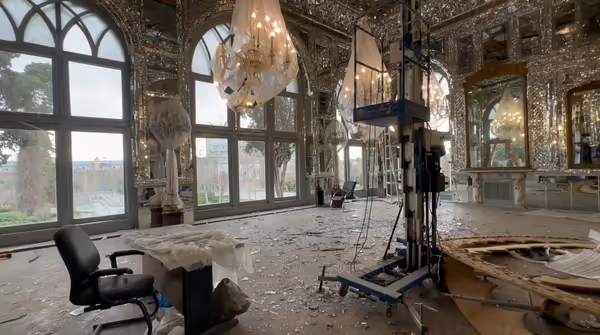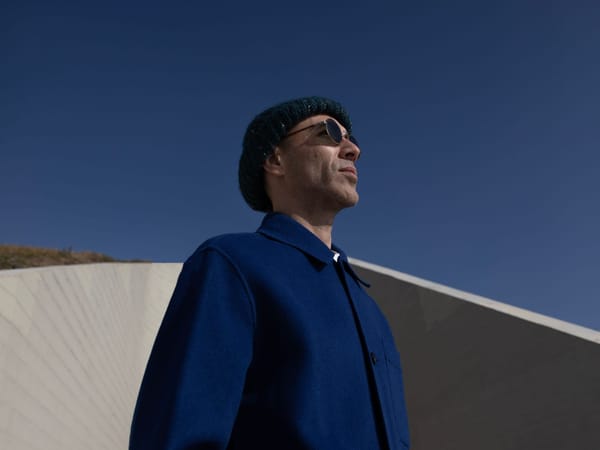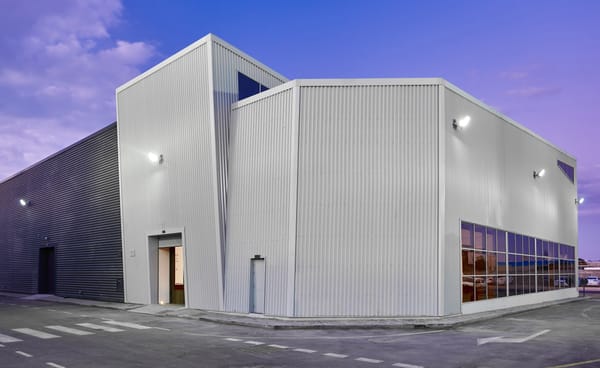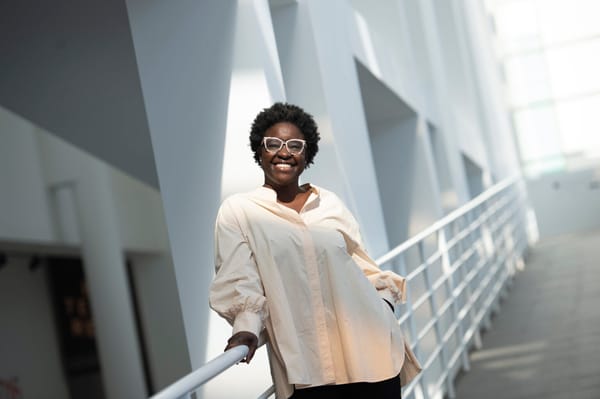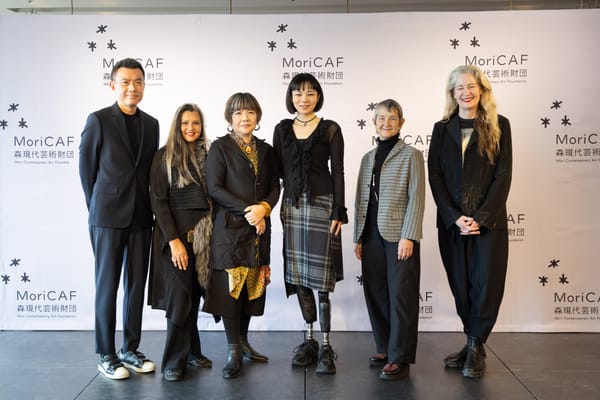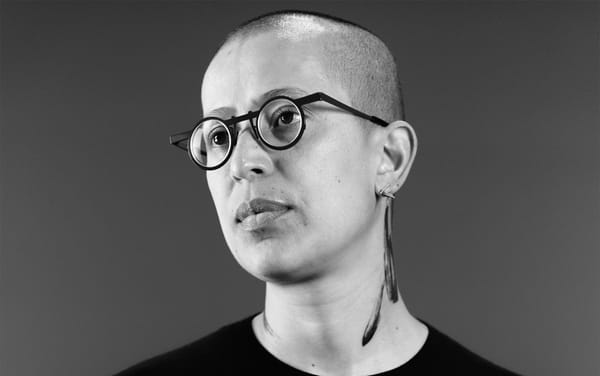News
Cautious Re-opening of Art Institutions in the Middle East
Following Covid-19 induced closures, cultural institutions in some parts of West Asia are gradually resuming public programs and exhibitions with new precautionary measures in place.
In Turkey, after president Recep Tayyip Erdoğan made an announcement on May 28 regarding the reopening of all public leisure places from June 1, major art museums in Istanbul such as Arter, Istanbul Modern, and Pera Museum have made plans to reopen on Tuesday, June 16. Preventive measures will be taken including shortened opening hours, the requirement to wear face masks, the check of body temperatures, restricted visitor numbers, and thorough weekly cleanings. Since the first confirmed case in March, Turkey has not undergone a total lockdown although intercity travel, mass testing, and staggered closures have been implemented on weekends and holidays in April and May.
Arter will reopen with its inaugural programs from September 2019 along with solo exhibitions, Cevdet Erek’s “Bergama Stereotip” and Nevin Aladağ’s “Traces,” which began in February and March, respectively, this year. Meanwhile, Istanbul Modern has launched its virtual photography and online screening programs, “Photography in Days of Pandemic” and “The Door is Open” from June 1 and 4, respectively, and its exhibition “Guests: Artists and Craftspeople” continues in the gallery. Pera Museum’s collections are on view in the galleries and on Google Arts and Culture, but its upcoming exhibitions are also yet to be announced. The buildings of the multidisciplinary research institution SALT in both Galata and Beyoğlu remain closed until further notice, with its archive and collections available online.
The Dubai government also announced the reopening of local theaters, gyms, and leisure venues on May 28. Since then cultural institutions and commercial galleries in the emirate are slowly following suit. Jameel Arts Centre reopened on June 4 with mandatory prior appointment booking and temperature screening. Michael Rakowitz’s major survey which opened on March 11, has been extended to November 22. Also, Jameel’s annual Artist’s Room programs will be on view from June 10, presenting Lawrence Abu Hamdan’s sound and video installation This whole time there were no land mines (2017), Larissa Sansour’s film In Vitro (2019) from the 58th Venice Biennale, and Taysir Batniji’s series of drawings To My Brother (2012). Galleries in the Alserkal Avenue complex are also open, each with varying operating hours. Visitors can spend up to three hours inside the complex with their masks on, but children aged 3–12 years old and those over the age of 60 are still prohibited.
Elsewhere in the United Arab Emirates, museums in Sharjah and Abu Dhabi are being more cautious. The Maraya Art Centre reopened on May 28 with strict guidelines for visitors, detailing what they can and cannot do, from the gallery space, staircase, lifts, washroom, to the exit. The Sharjah Art Foundation, Sharjah Art Museum, the NYUAD Gallery, and Louvre Abu Dhabi are all still closed until further notice.
While Lebanon had to shut down again on May 12 for four days following an earlier attempt at reopening, the nation is now lifting some restrictions, including the reopening of Beirut’s Rafik Hariri International Airport on June 21. In the capital, Sursock Museum is currently scheduled to resume public service on June 11 with the presentation of Georges Daoud Corm’s solo exhibition showcasing a series of studies and pastel portraits, as well as a new exhibition “Ten Stories from the Sursock Museum Collection,” alongside its permanent displays. Beirut Art Center is closed until further notice.
Pamela Wong is ArtAsiaPacific’s assistant editor.
To read more of ArtAsiaPacific’s articles, visit our Digital Library.
